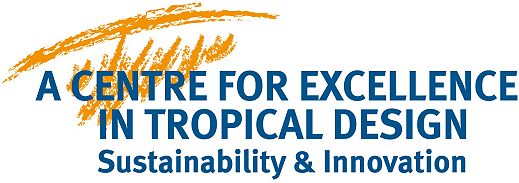CLUSTER
A number of things of the same kind growing or held together,
a group of things or persons near together.
“Clusters bring government entities, companies,
suppliers and local institutions together around a common agenda
which is constructive and actionable”
Michael Porter
“The Competitive Advantage of Nations” 1998
NETWORK
A chain or system of interconnected or intercommunicating immaterial
things, points or people. To link together for sharing of data and
the efficient use of resources. To communicate or foster relationships
with a network of people for personal advantage.
A CENTRE
An influential place or organisation, a place, area or group of
people exerting influence over, within or somebody else –
a centre of design innovation.
DESIGN
To create a detailed plan, to plan and make, to intend for use,
to invent, to picture something’s form or structure, the way
something is made, the process of designing, the intention, an underlying
sense of purpose or planning. |


